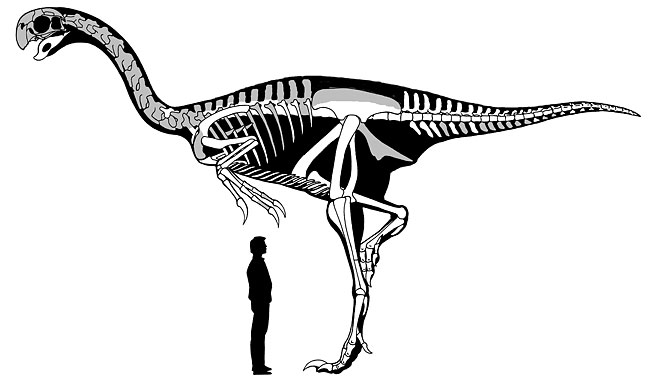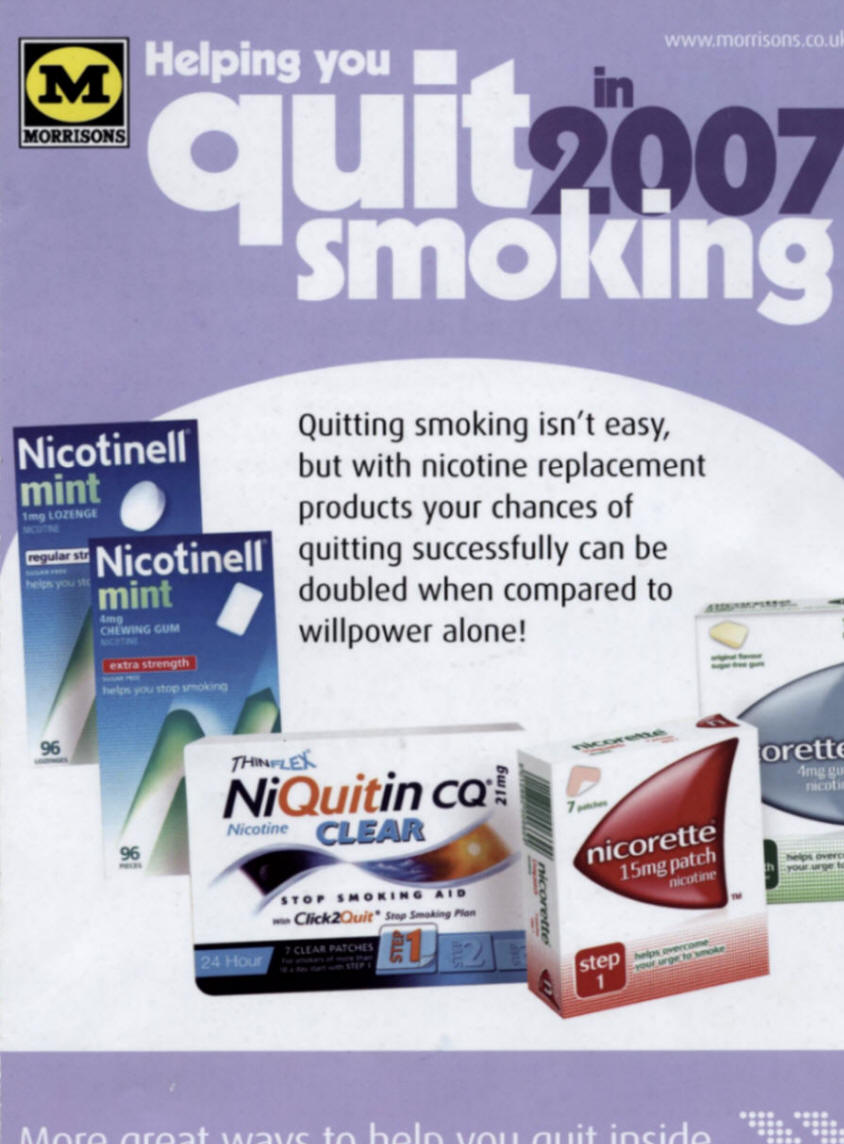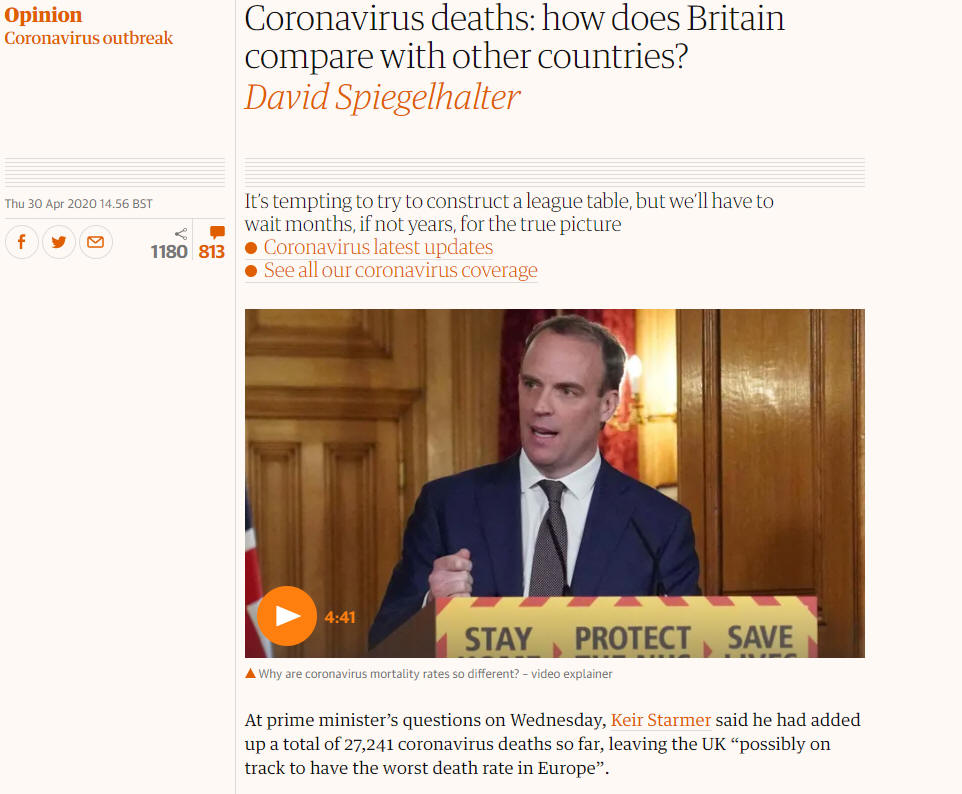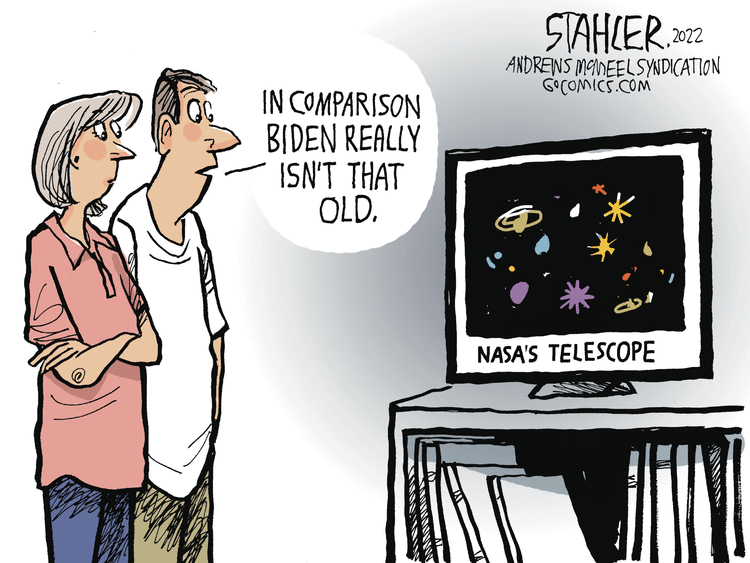|
grammaire anglaise >
syntaxe > formes comparatives
compared topréposition +
N
compared withpréposition +
N
compare
with N

A sketch of a newly discovered
Gigantoraptor dinosaur,
compared to a human.
Institute of Vertebrate Paleontology & Paleoanthropology/
Associated Press
Giant Bird-Like Dinosaur Fossil Found in China
By JOHN NOBLE WILFORD
NYT June 13, 2007
Scientists have uncovered a huge surprise
in the Inner
Mongolia region of northern China:
the fossil skeleton of an unusually robust
bird-like dinosaur that lived 70
million years ago.
The animal appeared to be a young adult
25 feet long and weighing 3,000 pounds
and,
if it had lived longer,
would probably have grown even larger.
https://www.nytimes.com/2007/06/13/
science/13cnd-dino.html
compared withpréposition +
N
> énoncés

Leaflet, August 2007, London.
Urban butterfly
declines 69%
compared to 45% drop in countryside
Pesticides, paving and higher temperatures
have put huge strain on butterflies
in cities
over past two decades, finds study
Urban butterfly declines 69% compared to 45% drop in countryside,
G, 16 FEB. 2017,
https://www.theguardian.com/environment/2017/feb/16/
urban-butterfly-declines-69-compared-to-45-drop-countryside
U.S. Economic Recovery
Looks Good
Compared With Sluggish Europe, Asia
June 17, 2016
8:00 AM ET
NPR
U.S. Economic Recovery Looks Good Compared With Sluggish
Europe, Asia,
NPR, June 17, 2016,
http://www.npr.org/sections/thetwo-way/2016/06/17/
482328208/u-s-economic-recovery-looks-good-compared-with-sluggish-europe-asia
U.S. Suicide Rate
Surges to a
30-Year High
APRIL 22, 2016
The New York
Times
By SABRINA
TAVERNISE
WASHINGTON —
Suicide in the United States has surged to the highest levels in nearly 30
years, a federal data analysis has found, with increases in every age group
except older adults. The rise was particularly steep for women. It was also
substantial among middle-aged Americans, sending a signal of deep anguish from a
group whose suicide rates had been stable or falling since the 1950s.
The suicide rate for middle-aged women, ages 45 to 64, jumped by 63 percent over
the period of the study, while it rose by 43 percent for men in that age range,
the sharpest increase for males of any age. The overall suicide rate rose by 24
percent from 1999 to 2014, according to the National Center for Health
Statistics, which released the study on Friday.
The increases were so widespread that they lifted the nation’s suicide rate to
13 per 100,000 people, the highest since 1986. The rate rose by 2 percent a year
starting in 2006, double the annual rise in the earlier period of the study. In
all, 42,773 people died from
suicide in 2014, compared with
29,199 in 1999.
“It’s really stunning to see such a large increase in suicide rates affecting
virtually every age group,” said Katherine Hempstead, senior adviser for health
care at the Robert Wood Johnson Foundation, who has identified a link between
suicides in middle age and rising rates of distress about jobs and personal
finances.
Researchers also found an alarming increase among girls 10 to 14, whose suicide
rate, while still very low, had tripled. The number of girls who killed
themselves rose to 150 in 2014 from 50 in 1999. “This one certainly jumped out,”
said Sally Curtin, a statistician at the center and an author of the report.
American Indians had the sharpest rise of all racial and ethnic groups, with
rates rising by 89 percent for women and 38 percent for men. White middle-aged
women had an increase of 80 percent.
The rate declined for just one racial group: black men. And it declined for only
one age group: men and women over 75.
A Growing, Widespread Toll
From 1999 to 2014, suicide rates in the United States rose among most age
groups. Men and women from 45 to 64 had a sharp increase. Rates fell among those
age 75 and older.
The data analysis provided fresh evidence of suffering among white Americans.
Recent research has highlighted the plight of less educated whites, showing
surges in deaths from drug overdoses, suicides, liver disease and alcohol
poisoning, particularly among those with a high school education or less. The
new report did not break down suicide rates by education, but researchers who
reviewed the analysis said the patterns in age and race were consistent with
that recent research and painted a picture of desperation for many in American
society.
“This is part of the larger emerging pattern of evidence of the links between
poverty, hopelessness and health,” said Robert D. Putnam, a professor of public
policy at Harvard and the author of “Our Kids,” an investigation of new class
divisions in America.
The rise in suicide rates has happened slowly over many years. Federal health
researchers said they chose 1999 as the start of the period they studied because
it was a low point in the national suicide rate and they wanted to cover the
full period of its recent sustained rise.
The federal health agency’s last major report on suicide, released in 2013,
noted a sharp increase in suicide among 35- to 64-year-olds. But the rates have
risen even more since then — up by 7 percent for the entire population since
2010, the end of the last study period — and federal researchers said they
issued the new report to draw attention to the issue.
Policy makers say efforts to prevent suicide across the country are spotty.
While some hospitals and health systems screen for suicidal thinking and operate
good treatment programs, many do not.
“We have more and more effective treatments, but we have to figure out how to
bake them into health care systems so they are used more automatically,” said
Dr. Jane Pearson, chairwoman of the National Institute of Mental Health’s
Suicide Research Consortium, which oversees the National Institutes of Health
funding for suicide prevention research. “We’ve got bits and pieces, but we
haven’t really put them all together yet.”
She noted that while N.I.H. funding for suicide prevention projects had been
relatively flat — rising to $25 million in 2016 from $22 million in 2012 — it
was a small fraction of funding for research of mental illnesses, including mood
disorders like depression.
The new federal analysis noted that the methods of suicide were changing. About
one in four suicides in 2014 involved suffocation, which includes hanging and
strangulation, compared with fewer than one in five
in 1999. Suffocation deaths are harder to prevent because nearly anyone has
access to the means, Ms. Hempstead said. Death from guns fell for both men and
women. Guns went from being involved in 37 percent of female suicides to 31
percent, and from 62 percent to 55 percent for men.
The question of what has driven the increases is unresolved, leaving experts to
muse on the reasons.
Julie Phillips, a professor of sociology at Rutgers who has studied suicide
among middle-aged Americans, said social changes could be raising the risks.
Marriage rates have declined, particularly among less educated Americans, while
divorce rates have risen, leading to increased social isolation, she said. She
calculated that in 2005, unmarried middle-aged men were 3.5 times more likely
than married men to die from suicide, and their female counterparts were as much
as 2.8 times more likely to kill themselves. The divorce rate has doubled for
middle-aged and older adults since the 1990s, she said.
Disappointed expectations of social and economic well-being among less educated
white men from the baby-boom generation may also be playing a role, she said.
They grew up in an era that valued “masculinity and self-reliance” —
characteristics that could get in the way of asking for help.
“It appears this group isn’t seeking help but rather turning to self-destructive
means of dealing with their despair,” Professor Phillips said.
Another possible explanation: an economy that has eaten away at the prospects of
families on the lower rungs of the income ladder.
Dr. Alex Crosby, an epidemiologist at the Centers for Disease Control and
Prevention, said he had studied the association between economic downturns and
suicide going back to the 1920s and found that suicide was highest when the
economy was weak. One of the highest rates in the country’s modern history, he
said, was in 1932, during the Great Depression, when the rate was 22.1 per
100,000, about 70 percent higher than in 2014.
“There was a consistent pattern,” he said, which held for all ages between 25
and 64. “When the economy got worse, suicides went up, and when it got better,
they went down.”
But other experts pointed out that the unemployment rate had been declining in
the latter period of the study, and questioned how important the economy was to
suicide.
The gap in suicide rates for men and women has narrowed because women’s rates
are increasing faster than men’s. But men still kill themselves at a rate 3.6
times that of women. Though suicide rates for older adults fell over the period
of the study, men over 75 still have the highest suicide rate of any age group —
38.8 per 100,000 in 2014, compared with just four
per 100,000 for their female counterparts.
A version of
this article appears in print on April 22, 2016, on page A1 of the New York
edition with the headline: Sweeping Pain as Suicides Hit a 30-Year High.
U.S. Suicide
Rate Surges to a 30-Year High,
NYT, April 22, 2016,
http://www.nytimes.com/2016/04/22/
health/us-suicide-rate-surges-to-a-30-year-high.html
Oscars 2016:
Chris Rock
Scores
and
‘Spotlight’ Takes Center Stage
FEB. 28, 2016
The New York
Times
By MICHAEL
CIEPLY
and BROOKS
BARNES
LOS ANGELES —
In a ceremony that became a raucous
diversity
lesson under the guidance of its host,
Chris Rock, “Spotlight,” a
newspaper drama
about the Roman Catholic
Church
cover-up of sexual abuse by priests,
snatched top honors at the
88th Academy Awards
on Sunday. It beat out “The
Revenant,”
which had been widely viewed as the favorite,
but
which nevertheless earned a best actor prize for
Leonardo
DiCaprio, his first Oscar,
and a best director award for Alejandro
G. Iñárritu.
Michael Sugar,
a “Spotlight” producer,
said he hoped the win
would
“resonate all the way to the Vatican.”
“The Revenant”
wound up capturing three Oscars
over all,
compared
with two for “Spotlight.’’
“Mad Max: Fury Road”
led all films with
six awards,
including several in the technical categories.
Oscars 2016:
Chris Rock Scores and ‘Spotlight’ Takes Center Stage,
NYT,
FEB. 28, 2016,
http://www.nytimes.com/2016/02/29/movies/oscars.html
Hiring in
U.S. Tapers Off
as Economy
Fails to Gain Speed
April 5,
2013
The New York Times
By CATHERINE RAMPELL
It looks as
if the spring swoon is back.
American employers added
an estimated 88,000 jobs to their payrolls last month,
compared
with 268,000 in February,
according
to a Labor Department report
released Friday.
It was the
slowest pace of growth since last June,
and less
than half of what economists had expected.
Hiring in U.S. Tapers Off as Economy Fails to Gain Speed,
NYT, 5.4.2013,
http://www.nytimes.com/2013/04/06/
business/economy/us-adds-only-88000-jobs-jobless-rate-falls-to-7-6.html
Electorate
Reverts to a Partisan Divide
as Obama’s
Support Narrows
November 6,
2012
The New York Times
By JACKIE CALMES
and MEGAN THEE-BRENAN
With voters
worn by hard times yet many of them
hopeful of better times ahead,
Americans reverted to
more traditional lines
compared with the
broader-based coalition
that
made Barack Obama president four years ago.
(...)
Electorate Reverts to a Partisan Divide
as Obama’s Support Narrows,
NYT,
6.11.2012,
http://www.nytimes.com/2012/11/07/us/
politics/electorate-reverts-to-a-familiar-partisan-divide.html
Editorial
The Warming Challenge
May 5, 2007
The New York Times
(...)
From a political and legislative perspective, the report could not have been
more timely. A run of fortuitous events — including the panel’s first two
reports, increased agitation at the state and local level, and the recent
Supreme Court decision authorizing the government regulation of carbon dioxide —
has elevated the warming issue in the public consciousness and on Congress’s
list of priorities.
Moreover, many of the report’s proposals have already found a home in pending
legislation. Bills to increase fuel efficiency in cars and trucks have been
introduced in both houses; Jeff Bingaman, the Democrats’ Senate spokesman on
energy matters, is drafting a measure that would require utilities to generate
15 percent of their electricity from wind and other renewable sources; Barbara
Boxer, head of the Senate Environment and Public Works Committee, has offered an
ambitious bill to greatly increase investments in alternative fuels.
None of these bills are surefire winners. But by showing that
the costs of
acting now will be trivial compared with the price
to be paid if we do
nothing, the report can only improve their chances.
The Warming Challenge,
NYT, 5.5.2007,
http://www.nytimes.com/2007/05/05/opinion/05sat1.html
Compared to the enormity of the war,
this is
a paltry
scandal
Cash for honours is a trifle when set against Iraq.
But our leaders can get away
with anything
if the economy holds up
Tuesday January 23, 2007
The Guardian
Max Hastings
The boss of a big private equity business told me last week that he had received
an approach from a City grey eminence. "What your firm needs," urged this
hopeful hustler, "is a seriously high-profile public figure up front, flying the
flag for you. For £4m, we can get you Tony Blair."
I disbelieve 50% of that story. Though I am sure the reported offer was made,
Blair would not yet dare to authorise such an explicit advance in his name. But
the proposal merely anticipated reality. A few months hence - or sooner if, as
the Guardian reported yesterday, cash-for-honours charges against an aide prompt
him to stand down early - he will be up there on the block, with an auctioneer
demanding: "What am I offered for this dazzling ex-prime minister? Who will
start me at £4m?"
Every kind of business on both sides of the Atlantic will want Tony. Here is the
finest political speaker of his generation, world statesman and legendary
charmer, available to make the keynote speech at your convention, open your
shopping mall, add lustre to your board meeting, open doors to national leaders.
What is this, I hear you say, about tarnished reputations? Come off it. Even if
half Blair's personal entourage wind up in Ford open prison for selling honours,
such an outcome will not diminish by a farthing the former prime minister's
marketability. He is a star. Just as evidence that Mel Gibson is a racist yob
does not deter audiences from seeing his movies, investment bankers do not care
if Blair has flogged Buckingham Palace to raise money for the Labour party.
And not merely bankers. I question if more than a fraction of the British
public, most of them Guardian readers, are seriously exercised about the
cash-for-honours scandal. They take the view, sheepishly shared by the
Conservative frontbench, that this is the sort of thing all governments do. They
expect no better from their politicians.
(...)
Compared to the enormity of the war, this is a paltry scandal,
G, 23.1.2007,
https://www.theguardian.com/commentisfree/2007/jan/23/
comment.politics2
You must have been looking at a different set of screenshots to me if you
think the PS3 looked better. While the graphics on 360 & PS3 certainly
look to be in the same ballpark detail-wise compared to
the Wii, the 360
seems to have sharper textures and better overall lighting.
The phenomen of PS3 screenshots looking lighter/washed out has been seen in
comparisons by different websites using titles from different developers. So
it's probable that it is not down to contrast or gamma settings.
I'm guessing that the lightness stems from there being fewer light sources and
therefore less shadowing in the PS3 shots. There's a really nice comparison of
Call of Duty 3 on PS3/360/Wii on gametrailers.com:
http://www.gametrailers.com/player.php?id=15369&type=mov&pl=game
You can see that especially on the night maps, the PS3 scenes are very light
throughout rather than using lots of light sources. In fact on the PS3 you can't
see the muzzle flashes lighting up the models/enviroment.
Maybe this is down to
the developer or maybe the PS3 isn't good at dynamic lights.
Posted by GranaryThorax
on December 7, 2006 3:43 PM.
PS3 vs Xbox 360 - a
developer speaks,
G,
Games blog,
7.12.2006,
http://blogs.guardian.co.uk/games/archives/2006/12/07/
ps3_vs_xbox_360_a_developer_speaks.html
compare with N

in comparison

Jeff Stahler
political cartoon
GoComics
July 13, 2022
https://www.gocomics.com/jeffstahler/2022/07/13
Related
https://www.npr.org/sections/pictureshow/2022/07/12/
1111002820/webb-telescope-images-nasa
https://www.npr.org/2022/06/18/
1106057751/biden-falls-getting-off-bike
Voir aussi > Anglonautes >
Grammaire anglaise
explicative - niveau avancé
formes comparatives
Voir aussi > Anglonautes >
Grammaire anglaise explicative - niveau avancé
syntaxe >
séquences auxilaires /
verbales :
active ≠ passive,
affirmative ≠ négative,
interrogative,
interro-négative,
infinitive,
impérative,
exclamative,
comparative,
elliptique,
résultative,
hypothétique
Voir aussi > Anglonautes >
Grammaire anglaise explicative - niveau avancé
syntaxe > autres séquences :
toviseur,
ellipse,
SVO,
OSV,
séquences -ing,
séquences -en,
clivée,
as...as
|